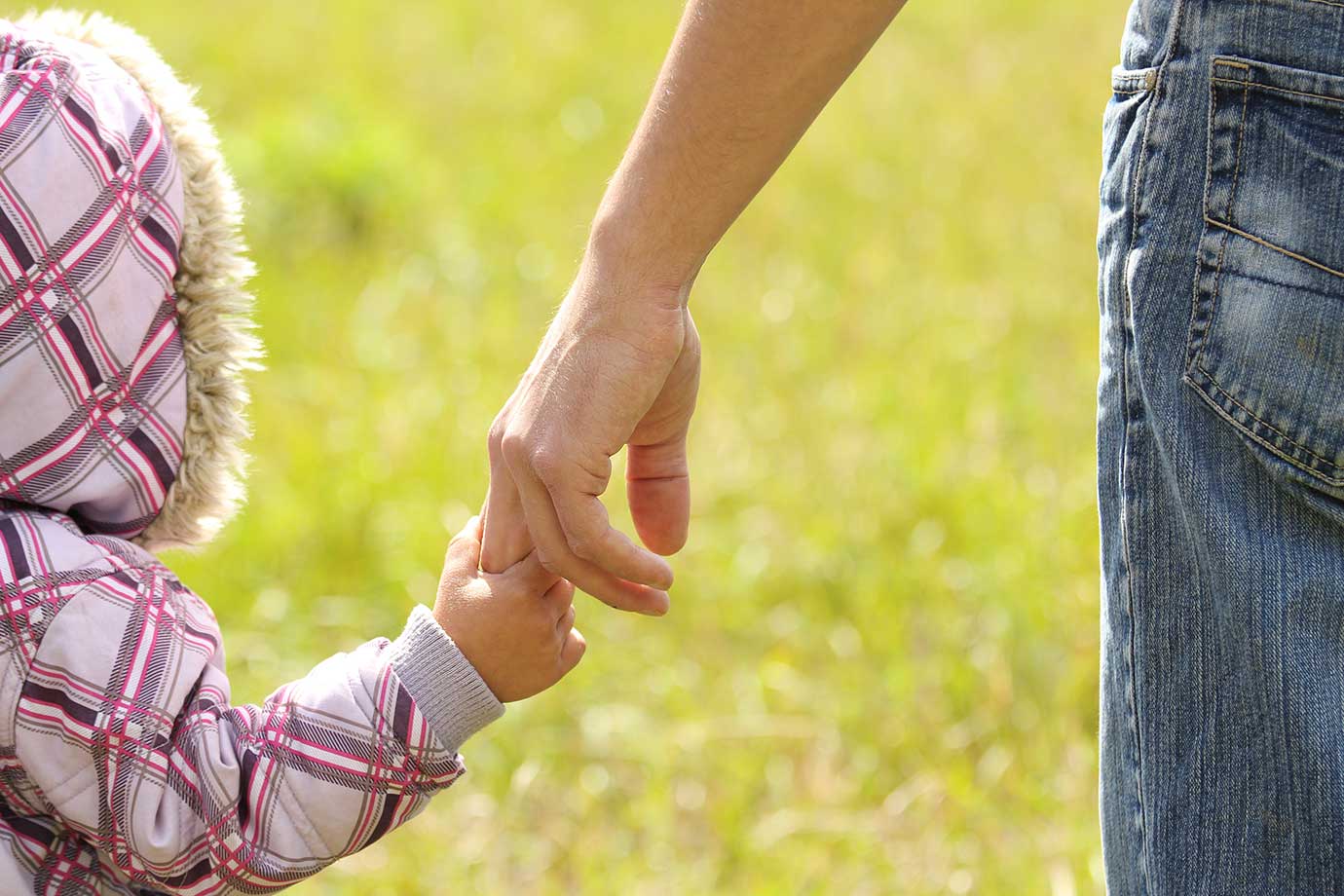
Photo via depositphotos
Photo via depositphotos
Pam’s daughter was 8, her son 4, when she was sentenced to six years in prison in Colorado on a drug possession charge. Pam’s parental rights were terminated. Her kids were placed on a permanency plan, meaning they were tracked for adoption by other parents. All communication between Pam and her children ceased.
“We couldn’t see each other, couldn’t talk to each other,” she said. “I was allowed to write them one letter a year.”
The incarceration of a parent often results in devastating consequences for children left behind. Their lives become harder. Poverty deepens. School problems multiply. Disruption and instability are the new norm for kids already grieving a lost parent.
“Putting a parent in prison is like a nuclear bomb to a child,” said Christie Donner, executive director of the Colorado Criminal Justice Reform Coalition (CCJRC).
There are many such children—in the nation and in Colorado.
A new report by the Annie E. Casey Foundation, which funds the Colorado Children’s Campaign and the annual KIDS COUNT survey, states that 5.1 million children nationally have or have had an incarcerated parent, with 60,000 such kids in Colorado, about 5 percent of all children.
The foundation describes those numbers as conservative. Donner agrees.
“Today, at least 20,000 [Colorado] children have a parent in a state prison,” she said in an interview at her office in the Denver Inner City Parish Community Center on Mariposa Street. “A significantly higher number of children have a parent in and out of county jail.”
The issue is so prevalent that even Sesame Street has a tool kit to guide caregivers in helping young children of the incarcerated.
“It’s gut wrenching,” said Pam, who asked that only her first name be used. She served her entire six years in prison, followed by three years of mandatory parole. “You don’t know what’s going on with your children, whether they’re dead or alive, whether they are safe and happy or being hurt. There’s a lot of turmoil when you have no power to do anything about it. There’s nothing worse than not knowing.”
Having a parent incarcerated is “a stressful, traumatic experience of the same magnitude as abuse, domestic violence and divorce, with a potentially lasting negative impact on a child’s well-being,” said the Casey report.
Just as people of color are extensively overrepresented in the criminal justice system, both nationally and in the state, the burden of incarceration falls heavily on children of color. The Sentencing Project, a Washington D.C.-based criminal justice reform advocacy organization, states that black children are 7.5 times more likely and Latino children are 2.6 times more likely than are white children to have a parent in prison.
Put another way, one in 15 black children, one in 42 Latino children and one in 111 white children had a parent in prison in 2007, according to The Sentencing Project. In Colorado, according to a 2013 analysis by Rocky Mountain PBS News, one in 20 black men were incarcerated, one in 50 Latino men were incarcerated and one in 150 white men were incarcerated.
The Casey Foundation report recommends a collaborative approach to ease the suffering of children of the incarcerated, including supporting children during their parents’ incarceration and afterward, helping parents find employment after their release and strengthening communities that are disproportionately affected by incarceration.
As is, the approach in most states, including Colorado, is scattered among community-based organizations. Bridge House in Boulder deals with issues common to ex-offenders—homelessness, unemployment, substance addictions, mental health issues—without exclusively serving those leaving prison. The Mental Health Center of Denver offers a wide range of services to children, parents and other primary caregivers.
Other organizations, including Second Chance Center in Aurora, help ex-offenders as part of their mission. Inside/Out Ministry, also in Aurora, is a faith-based initiative that aims to help ex-offenders through transitional housing and supportive aftercare programs.
Programs for children of the incarcerated are very much “hit and miss,” said CCJRC’s Donner. “Just allowing children to visit their parents can be incredibly difficult. You might have a small church running a bus to the women’s prison in Pueblo, for example.
“Basically, these kids are invisible. We don’t even see them. Acting out in school is seen as a behavioral problem, not as a kid missing his mother.”
Said Pam: “My daughter kept saying, ‘My mother is coming back for me. You can’t put me out for adoption.’ As a result, she was put in 23 different foster homes. She was diagnosed with behavioral problems, put on psychotropic drugs. She is still suffering.”
Pam has now built a career of 10 years with a Denver nonprofit. Over time, she regained custody of both children, who are now adults.
“The best way to help children of the incarcerated is to stop sending so many parents to prison,” said Donner. “Incarceration should only be used when public safety demands it. What if we used a public health model? In public health, the first strategy is prevention.”
Criminal justice reforms are gaining bipartisan traction both in Colorado and nationally. One bill, approved two years ago, allows Coloradans who lost their parental rights while incarcerated to regain them upon leaving prison, if strict conditions are met.
That’s definitely an improvement, according to Pam, who said she was one of only a few parents to regain custody before that law went into effect.
“I don’t think that kids or families are ever taken into consideration during sentencing,” Pam said. “In a lot of cases, there should be an alternative to prison.”